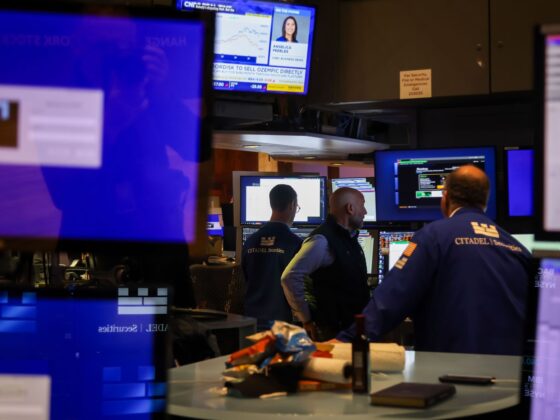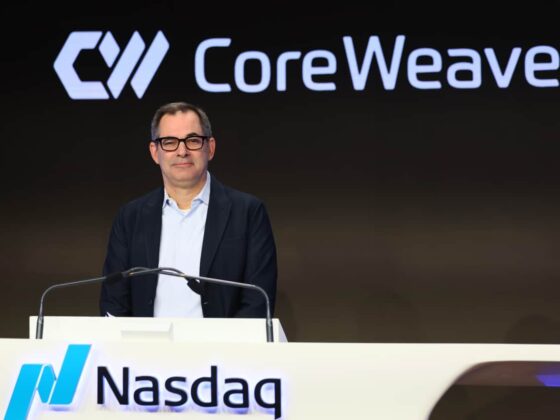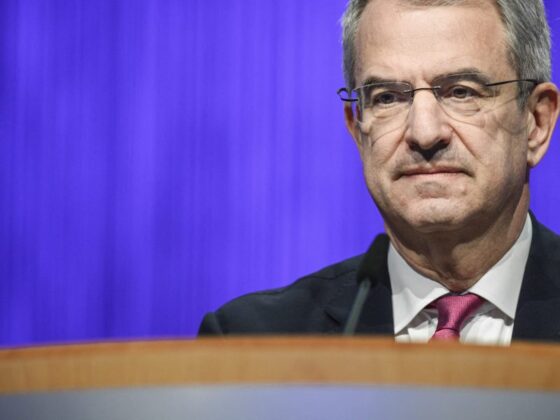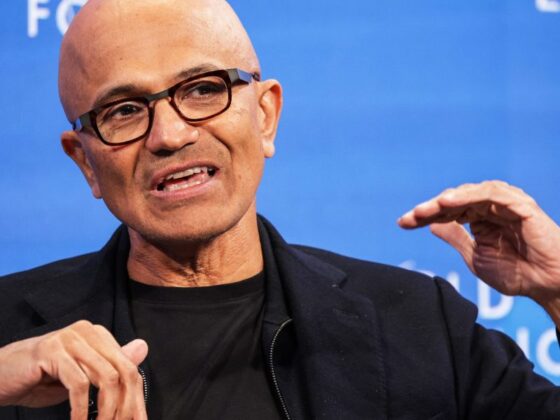New York State Assemblymember Phil Steck’s proposed tax on crypto transactions will not be modified to accommodate stablecoins’ use in everyday payments, the lawmaker told Decrypt.
“I don’t think that there should be some exemption from a tax on crypto if you buy it for the purpose of using it as a currency,” he said on Tuesday. “I can’t see, frankly, crypto being used to take the place of the dollar bill in everyday transactions.”
Last week, Steck estimated that a 0.2% tax on crypto transactions in the Empire State would generate $158 million annually, which could go toward helping schools combat substance abuse in upstate New York by funding the expansion of an existing support program.
“We thought this might be a way to raise the money needed to make this a statewide program,” he said, noting that the state’s Office of Alcoholism and Substance Abuse Services currently serves communities in New York City and has faced budget constraints.
Crypto advocates should support what appears to be a painless way of raising money to help those in need because it would “show their commitment to doing something positive for the public,” the 66-year-old lawmaker said.
Not all cryptocurrencies are the same, but digital assets are mostly speculative and resemble a form of entertainment, Steck said. And when Steck wants to watch professional baseball, he has no problem with paying a 4% sales tax on Mets tickets.
Steck’s bill would go into effect immediately if passed, and it comes as stablecoin legislation is expected to unlock more competition in the $280 billion sector, from the likes of Bank of America to Citigroup, following the passage of the GENIUS Act last month. But at least one observer has raised concerns that the bill would penalize consumers for transfers between their own accounts that incur no profits. These movements are similar to those an individual would execute between a savings and checking account.
Stablecoins are often pegged to the U.S. dollar and backed by a mix of cash and U.S. Treasuries. Some regulators have compared them to poker chips in the past because crypto traders primarily use them primarily as a way to swap out of relatively volatile assets.
Visa Adds More Stablecoin Features, Unveiling Avalanche, Stellar Support
Steck’s bill could make a positive impact upstate, but it’s unclear how a 0.2% excise tax would play out in the epicenter of the financial world.
Steck said his legislation would not include exemptions for high-frequency traders, who can execute thousands of transactions in a second while using complex computer algorithms to capitalize on the smallest changes in markets.













